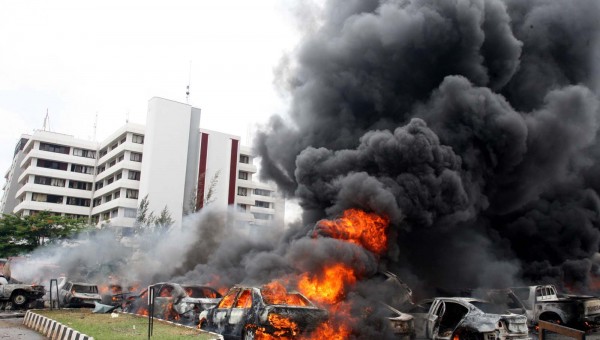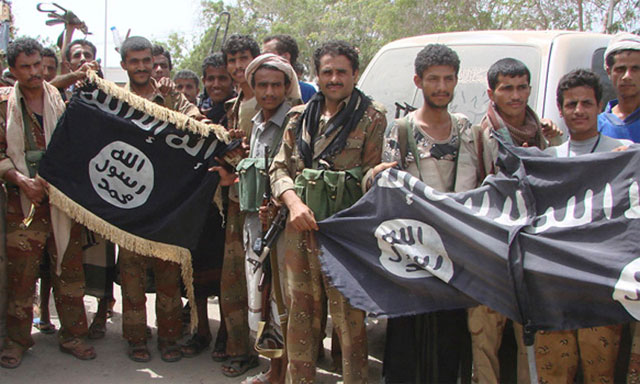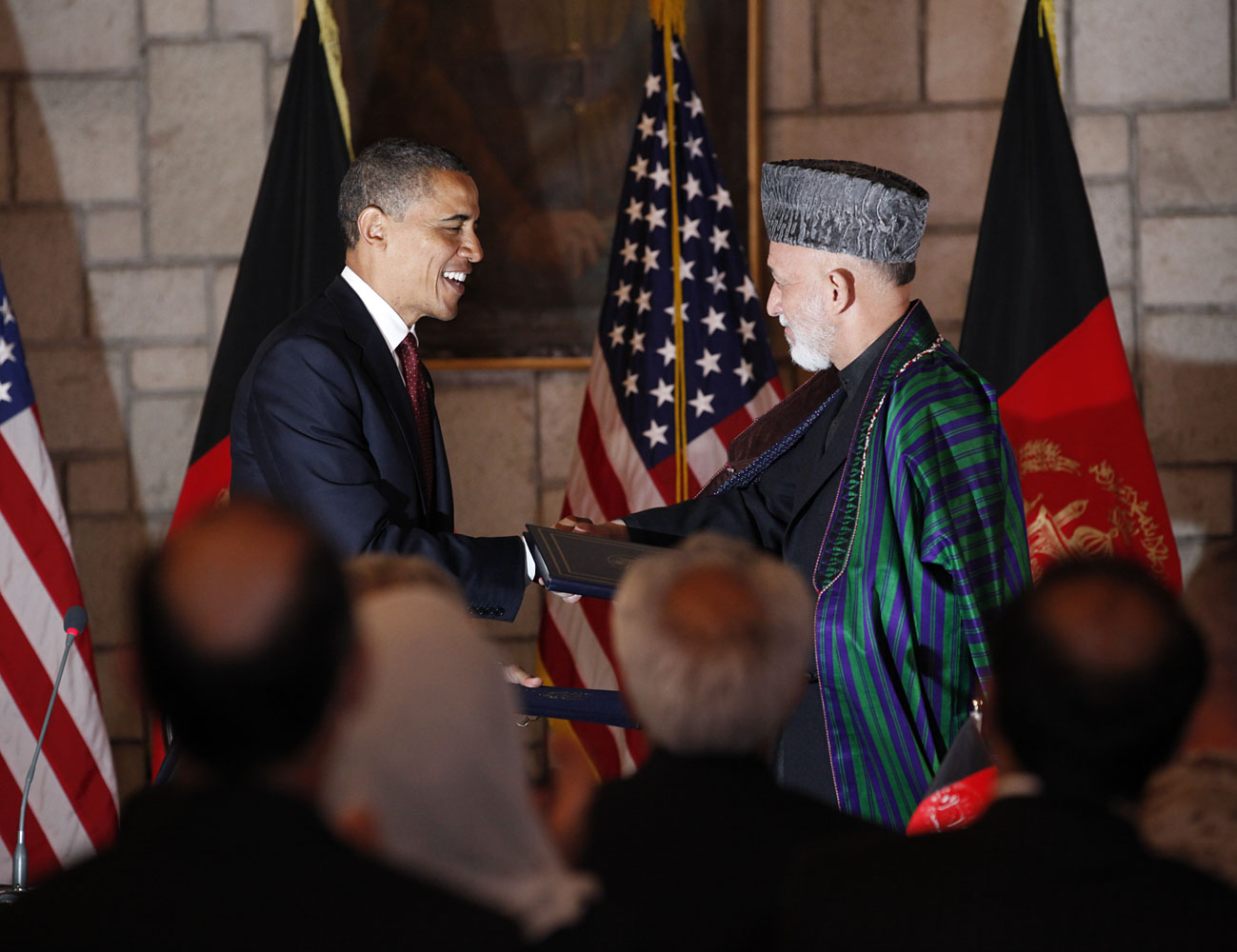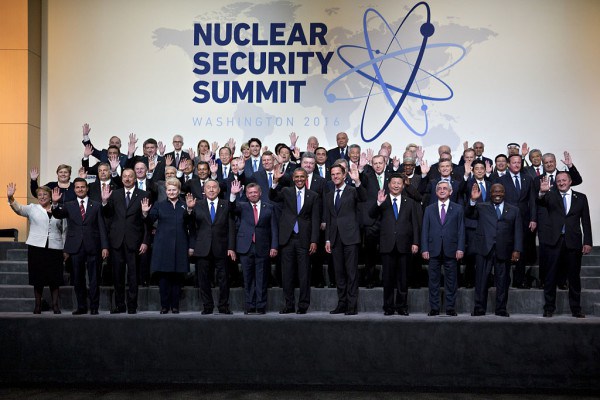In a slew of recent bombing across North and Central Nigeria, Boko Haram, a radical Islamic group, has targeted Christian churches claiming as many as 50 victims and sparking reprisal killings against Muslims in the area. Sunday’s suicide bombings struck two churches, one in the city of Zaria and another in the city of Kaduna which sits on the border between the Christian south and the Islamic north.
Ongoing Christian-Muslim sectarian violence is taking a major toll on the health of the Nigerian economy, causing Nigeria to fall behind Angola as the top oil producer in Africa in 2009. In March of 2010 roughly 500 Christians were reportedly murdered near Jos in what was seen as retribution for the killing of 100’s of Muslims earlier in the year.
With over 400 separate ethnic groups divided amongst the two dominant religions, Nigeria remains a multi-ethnic state in which the incessant reoccurrence of conflict has witnessed the birth of countless ethnic militias. Due to its violent nature, possible association with Al-Qaeda and continuing media exposure Boko Haram is the latest and most high-profile manifestation of these groups.
[captionpix align=”left” theme=”elegant” width=”320″ imgsrc=”http://upload.wikimedia.org/wikipedia/commons/c/c1/Nigeria_Kaduna_State_map.png” captiontext=”The state of Kaduna sits on the border between Nigeria’s Muslim north and Christian south.”]
Economic Failings and a Skyrocketing Population
On top of this ethno-religious divide Nigeria faces unemployment rates of close to 50% for urban youth ages 15-24, a situation which experts claim has played into the hands of Boko Haram, driving up crime rates and hostility to the status quo. Given that salaries in the north of the country are only half of what they are in the south and much lower literacy rates in the north, the area has effectively become a breeding ground for susceptible and easily preyed upon youth. “Boko Haram is essentially the fallout of frustration with corruption and the attendant social malaise of poverty and unemployment… The young generation see how [the nation’s resources] are squandered by a small bunch of self-serving elite which breeds animosity and frustration, and such anger is ultimately translated into violent outbursts,” stated Abdulkarim Mohammed, a researcher on the group.
While Nigeria may soon outpace South Africa to become the largest African economy, it is one of the most unequal societies on the continent with three-fourths of the population living on little more than a dollar a day. In 2011 out of 183 countries the World Bank ranked Nigeria 176th in the ease of getting electricity index as major outages and shortages were pervasive across the country.
With a notoriously corrupt political system, very little of Nigerian oil profits have trickled down into the lives of average citizens. In January President Goodluck Jonathan ended fuel subsidies causing prices to more than double. Many poor Nigerians saw the subsidy as the only direct benefit to them from the country’s immense oil reserves. However the subsidies cost Nigeria about $8billion annually and prevented the government from investing more money to improve education and public health services, thus many economists counselled that they are restrictive and wasteful. Seen as the last straw in a country renowned for favouring the wealthy, the end of the subsidies caused massive nationwide protests which led to them being reinstated after only two weeks.
A Nigerian parliamentary report released in April has since revealed that the government lost $6.8 billion due to corruption from the fuel subsidy from 2009 to 2011.
At its current rate of growth the Nigerian population, presently ranked sixth in the world and the largest in Africa at 167 million, is projected to balloon to 300 million within the next 25 years. In an attempt to limit skyrocketing population numbers the Nigerian government has pleaded with its citizens to restrict themselves to four children, but this has had little effect. At present half of Nigerian women are under 19 years of age, a number that promises continued levels of high population growth.
Growth of Boko Haram
Boko Haram was founded in 2002 in Maiduguri, Borno State, by Mohammed Yusuf and is largely comprised of Islamic school graduates, drawing comparisons to the Taliban in Afghanistan. Initially peaceful the sect began an armed uprising against the government in June 2009 only to be brutally put down by government forces within the space of a month. The conflict left over 800 casualties in its wake including its leader.
Many political commentators criticised the excessive use of force by the government and believe it has since hindered any chance of a negotiated settlement to the conflict. “The rise of Boko Haram is largely as a result of incompetence, lack of foresight and insensitivity from the Nigerian state,” stated Abubakar Kari, a political scientist from the University of Abuja.
From the Hausa language, ‘Boko’ meaning Western education and the Arabic ‘haram’ or forbidden gives a loose translation of the group’s name as ‘Western education is forbidden’. With its stated intention of overthrowing the government and imposing sharia law while simultaneously removing Western influences, in late March a wave of bombings hit eight schools in Maiduguri, the original birthplace of the jihadist group. FRANCE 24’s Douglas Hebert stated, “They basically reject everything Western, everything Western-led.”
Once the site of the powerful Sokoto caliphate, by the 19th century northern Nigeria had become a Western colony and as a result there is a strong historical sentiment against the perceived infringement of Western values, something Boko Haram eschews.
Despite the failure of its first rebellion, by 2011 the reconstituted group began a wave of bombings targeting the military, police and any sectors of society in opposition to Islamic sharia law. In August a truck laden with explosives killed 23 people at the United Nations Headquarters in the Nigerian capital of Abuja. Christmas Day 2011 witnessed a series of attacks on churches opening a new religious front to the violence which had until then been limited to government related targets.
[captionpix align=”left” theme=”elegant” width=”320″ imgsrc=”http://dawncompk.files.wordpress.com/2012/06/boko-haram-leader-afp-670.jpg?w=670&h=350″ captiontext=” New evidence of ties between Boko Haram and Al-Qaeda have surfaced, provoking fears of increased regional and religious violence.”]
Legitimising the Use of Force
Mirroring many countries in the region Nigeria until 1999 had been dominated by lengthy periods of military rule since 1966. 2007 marked the first transition of power between two civilian governments in Nigeria’s post-colonial history.
A notable feature in many developing countries where the military has intervened in politics is the legitimisation of the use of force as catalysts for social change. Nigeria is a perfect example of a society where the use of force and coercion has become a normative conflict resolution tool. Furthermore the collapse of the Qaddafi- regime in Libya has led to the proliferation of arms in West Africa, a key factor in many of the current conflict zones in the Sahel and most prominently on display in Mali.
Goodluck Jonathan, who became acting president in 2010 upon the death of his predecessor, was elected in his own right in 2011. He faces an uphill battle to put down the current Boko Haram insurgency given the access to arms and the cross-border nature of militant Islamism. Also adding to concern is the fact that dealing with jihadist threats internally may do little to stem the continued rise of similar ideologies in the broader region.
The use of force alone is but temporary. It may subdue for a moment; but it does not remove the necessity of subduing again: and a nation is not governed, which is perpetually to be conquered.
– Edmund Burke (1729-1797)




